

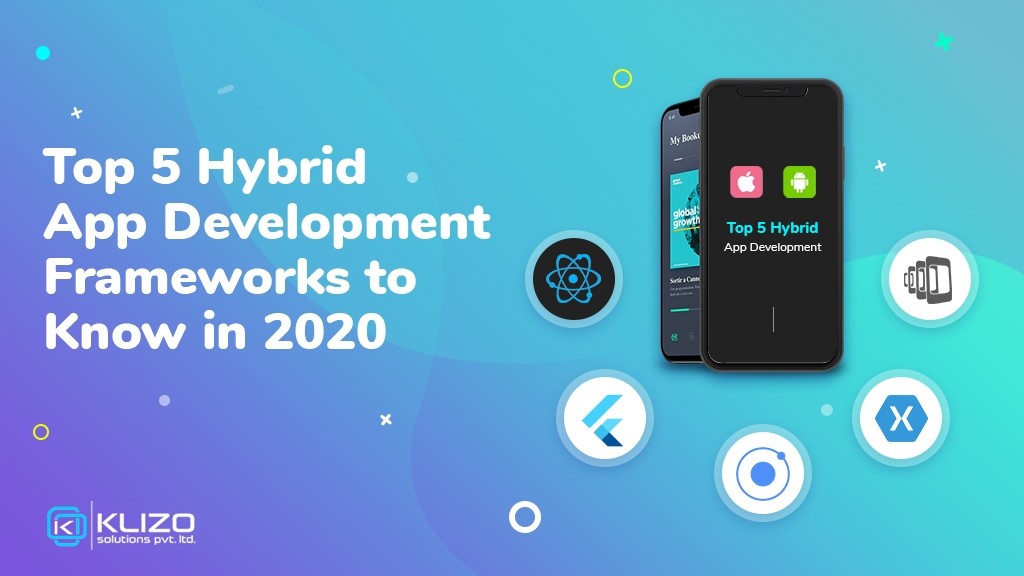
In awe with the cross-platform approach of building one single app and running it on desktop, web, and smartphones? Well, no doubt, hybrid apps have their impressive perks.
But do you know which hybrid app development framework should you select to create apps that can meet your requirements? If not, then you can narrow down your options to this list of top five hybrid mobile app development tools of 2020 in no particular order.
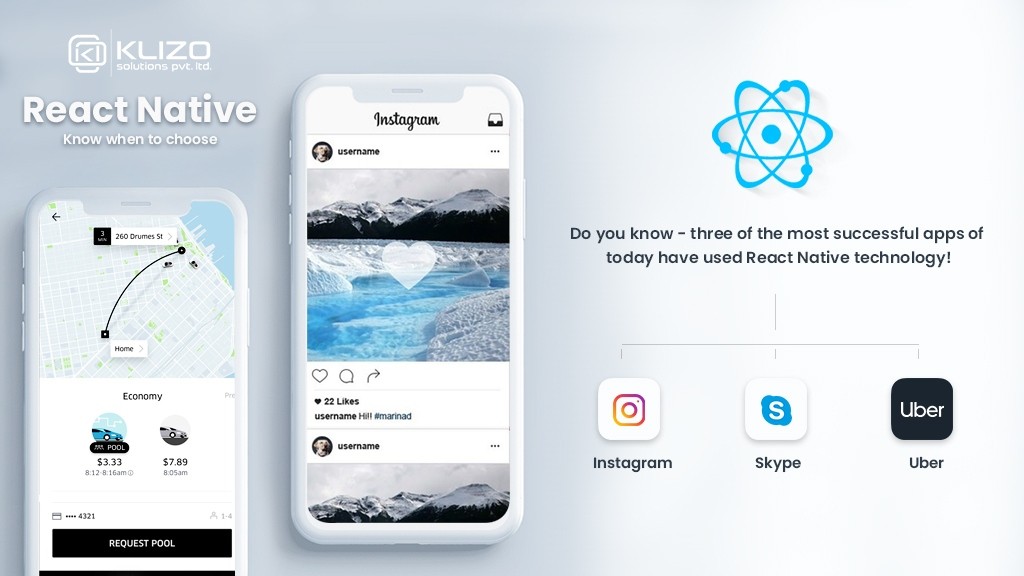
Created by Facebook, Inc, this open-source mobile app framework is considered to be most preferred by hybrid app developers for creating cross-platform applications that offer a native app-like experience to the users.
Market leaders like Skype, Instagram, Uber have leveraged the power of React Native technology.
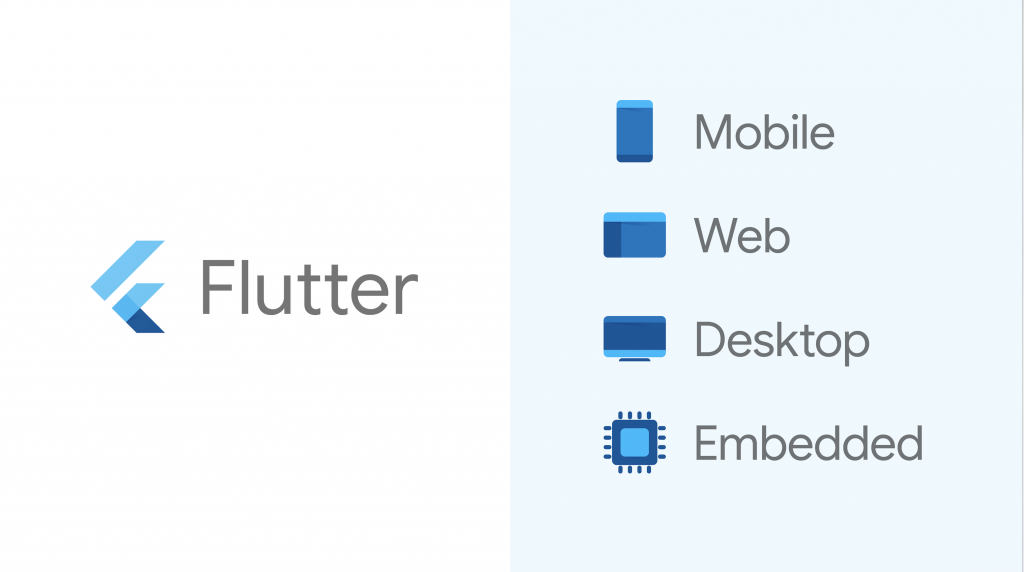
Image Source: https://techcrunch.com/
This impressive open-source UI toolkit, created by Google, is an excellent choice for building visually stunning hybrid apps by any hybrid app development company. It helps developers in creating engaging and powerful apps.
Popular apps like Alibaba, Google Ads, Coach Yourself have used Flutter technology.
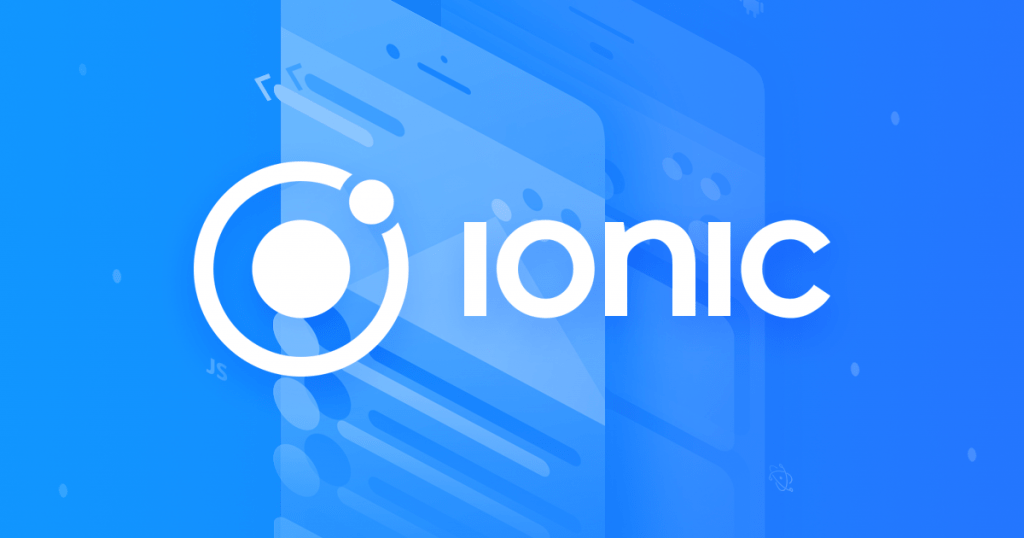
Image Source: https://ionicframework.com/
Based on CSS, this prominent framework has been there for a while and is considered to be one of the top choices of reputed providers of hybrid app development services. It’s easy, it’s fast and of course, very popular.
Examples of applications built with the Ionic framework are Diesel, ChefSteps, Sworkit, etc.
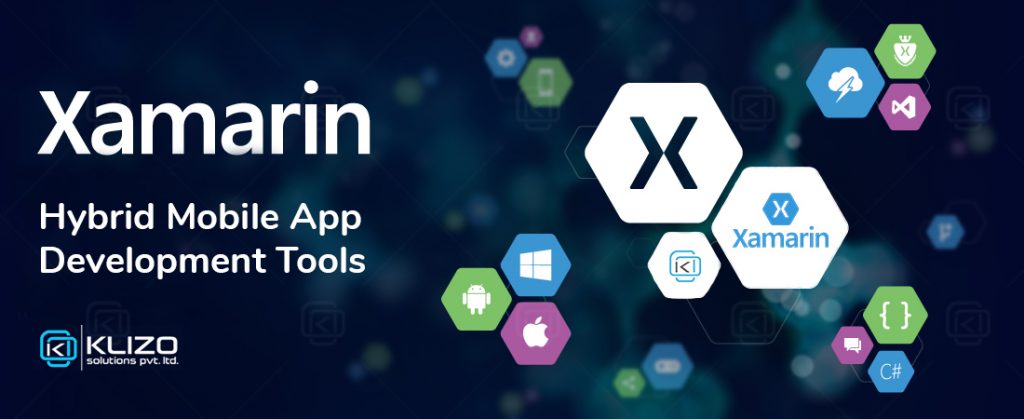
Xamarin is undoubtedly one of the most popular hybrid mobile app development tools, having a community of more than 1.4 million developers, and satisfied followers across the world. Owned by Microsoft, this open-source tool for creating cross-platform apps of native experience was found in 2011.
Companies like Olo, The World Bank, and Pinterest rely on Xamarin for building their mobile apps.
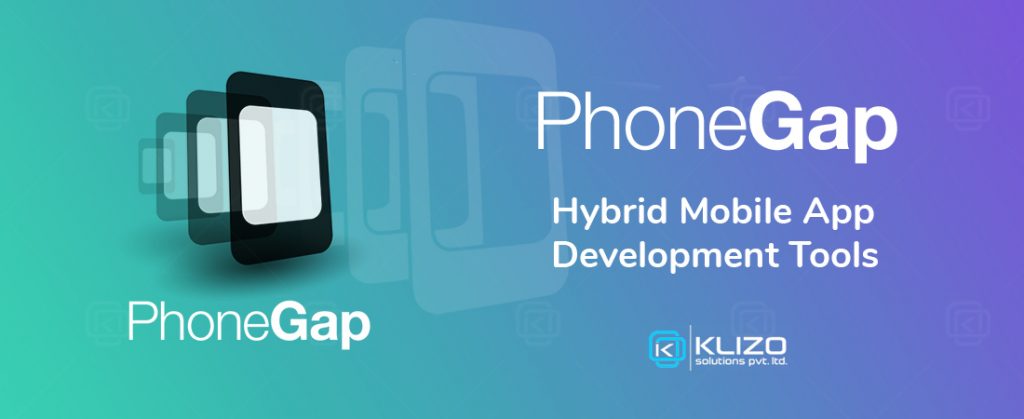
This exceptional framework is one of the preferred choices of not only the professional providers of quality hybrid app development services but also of novices. Supported by Adobe and Cordova framework, PhoneGap offers cross-platform compatibility for all platforms with just one code.
Deciding upon the right hybrid mobile app development framework for creating your business app means finding the perfect match between your business priorities and the selling points of an app development tool.
So, be wise and consult with industry professionals like Klizo Solutions, a reputed native and hybrid app development company, to get the most outstanding and effective hybrid apps created on suitable frameworks.
Joey Ricard
Klizo Solutions was founded by Joseph Ricard, a serial entrepreneur from America who has spent over ten years working in India, developing innovative tech solutions, building good teams, and admirable processes. And today, he has a team of over 50 super-talented people with him and various high-level technologies developed in multiple frameworks to his credit.

Subscribe to our newsletter to get the latest tech updates.